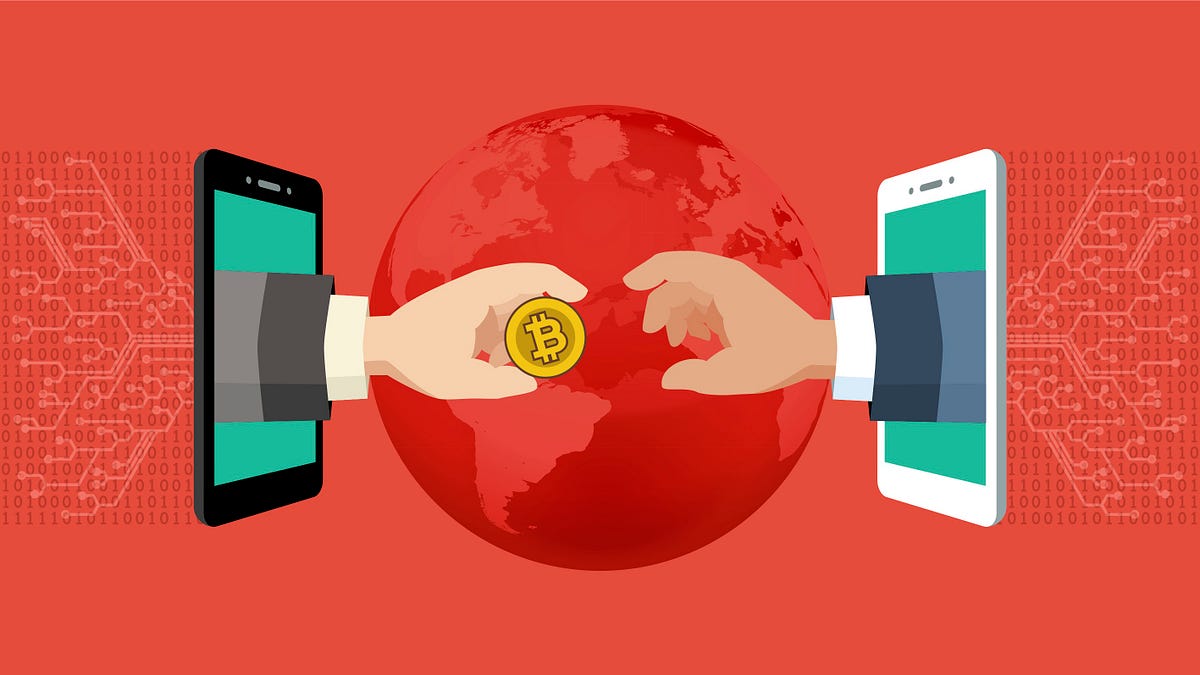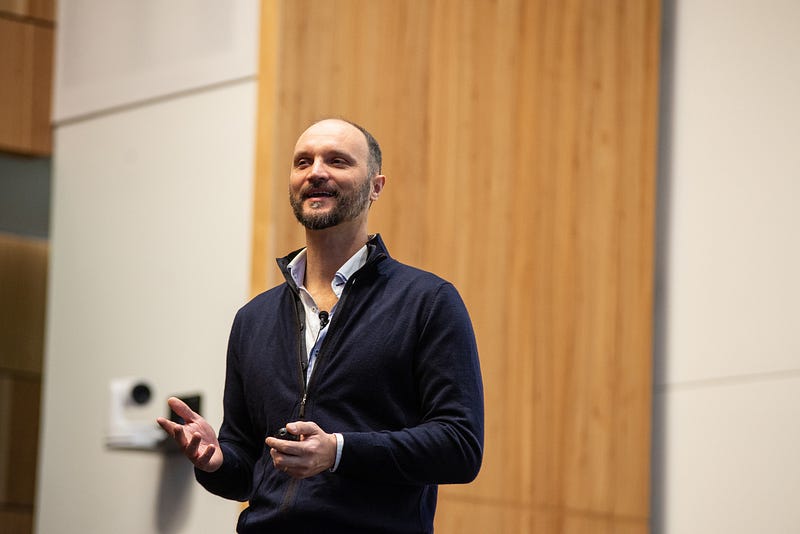Blockchain Conversation Needs a Change
Why we should stop talking about blockchain ideals and start talking about economics.
By London Gibson

Blockchain has been a buzzword in technology and business circles since the rise of bitcoin several years ago — but Texas McCombs Associate Professor of Finance Cesare Fracassi thinks people may be talking about it all wrong.
Discussion about emerging blockchain technology is too wrapped up in ideals and doesn’t focus enough on economics, Fracassi says.
“People talk about ideals — decentralization, trust, transparency — instead of talking about what really matters to people,” Fracassi says. “The discussion has to be framed around economic variables.”
For people new to the discussion, a blockchain is a decentralized digital ledger, used to record economic transactions with networks of computers.
For each purchase or sale made with blockchain, a network of computers verifies the transaction. This makes blockchain different from a traditional centralized system, like a bank: Instead of one entity owning, reading, writing, and auditing the ledger, there are multiple entities sharing all of these responsibilities.

‘The Golden Triangle’
At a recent Texas McCombs Presents talk, Fracassi said blockchain is currently described as a “golden triangle” of ideals: trust, decentralization, and transparency.
For users, Fracassi says blockchain reduces concerns around trust. While a person depositing or withdrawing money at a bank has to trust employees to validate the transaction correctly, in a blockchain there is an assumption that the network is going to have the right incentives, eliminating the need to trust individuals.
Fracassi says it’s much more important to evaluate the stability of a bank versus blockchain using economic terms rather than the term “trust.” He says it’s more important to look at the systems of a bank or blockchain and determine the likelihood that your money is still going to be there in a month or in 30 years.
Blockchain systems are essentially decentralized, but Fracassi says although decentralization may sometimes mean a “safer” system it does not always equal better. Sometimes decentralized systems can be inefficient, and it is important to weigh the aspects of systems against each other.
Permission-less blockchain systems are attractive to some users for their transparency, because they are open to anybody and release public information about all transactions made. However, he says transparency does not necessarily mean that the system is right for everyone. That’s why it’s important to take into account all of the economic aspects of blockchain.
Putting it to use
To help decide if a blockchain system is beneficial for your company, Fracassi says certain factors need to be considered, such as whether there is a need for a shared common database, whether there are multiple parties involved, or if there is a need for an objective, immutable log of transactions.
Fracassi has a new “golden triangle” in mind, one that centers around three economic questions: Is it convenient? Is it cheaper? Is it safer?
“Touting blockchain as a trust-less, decentralized, transparent ledger is not helpful. It’s not helpful because it’s unclear to me that these three main variables are the important ones,” Fracassi says. “To me, these are ideals. These are not economic variables that actually can help you decide whether the blockchain system is better than a traditional centralized system.”


